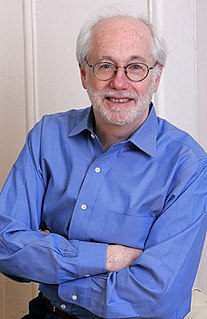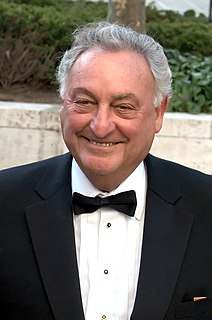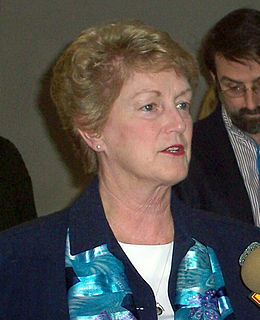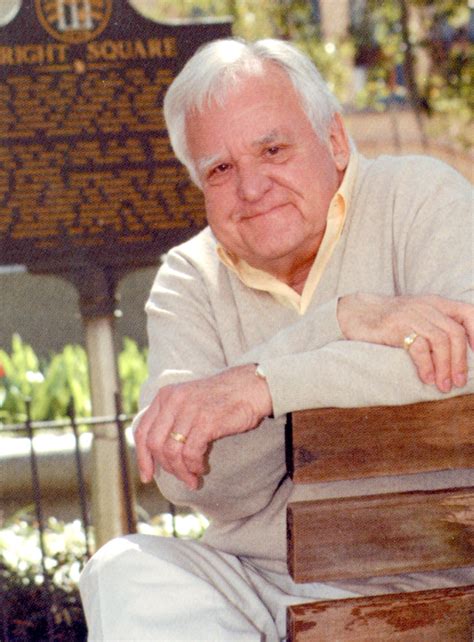A Quote by Sam Weller
Andrew Carnegie loved libraries; he knew their importance to an educated society and as anchors to our communities. And so, just as some loyal baseball fans travel to attend games at all 30 major league stadiums, over the last decade or so, I have slowly, casually, visited Carnegie libraries whenever I am on the road.
Related Quotes
When the function of libraries is put in terms of their contributions to the community, people see their centrality. The challenge to us is to continue to help them see it in those terms to describe our larger purposes. We must assert that libraries are central to the quality of life in our society; that libraries have a direct role in preserving democratic freedoms. Free access to information and the opportunity of every individual to improve his or her mind, employment prospects, and lifestyle are fundamental rights in our society.
We like to say the Internet is the ultimate library. But libraries are libraries because people come together and fund them through taxes. Libraries actually exist, all over the country, so why is it such a reach to imagine and to someday build a public institution that has a digital aspect to it? Of course the problem is that libraries and other public services are being defunded and are under attack, so there's a bigger progressive struggle this plays into.
I have always had a special affinity for libraries and librarians, for the most obvious reasons. I love books. (One of my first Jobs was shelving books at a branch of the Chicago Public Library.) Libraries are a pillar of any society. I believe our lack of attention to funding and caring for them properly in the United States has a direct bearing on problems of literacy, productivity, and our inability to compete in today's world. Libraries are everyman's free university.
I would walk into the Carnegie Library and I would see the pictures of Booker T. and pictures of Frederick Douglass and I would read. I would go into the Savannah Public Libraries in the stacks and see all of the newspapers from all over the country. Did I dream that I would be on the Supreme Court? No. But I dreamt that there was a world out there that was worth pursuing.
If you look back at history, [Dale ] Carnegie highlighted the need for libraries to be a place where everyone could go to read if you didn't have access to books. Philanthropy can be a place that'll take a risk or point to areas to make sure they are the right government investments to reduce inequalities.
One of the first gardens I did outside the family was for the designer Hattie Carnegie. I was 23 then, and I went to her salon, but could not afford any of her dresses myself, though I loved them. Miss Carnegie suggested I do a garden in exchange for a coat and dress, and so I designed and planted a garden for her.
In that, we agreed with Andrew Carnegie, who said that huge fortunes that flow in large part from society should in large part be returned to society. In my case, the ability to allocate capital would have had little utility unless I lived in a rich, populous country in which enormous quantities of marketable securities were traded and were sometimes ridiculously mispriced. And fortunately for me, that describes the U.S. in the second half of the last century.

































